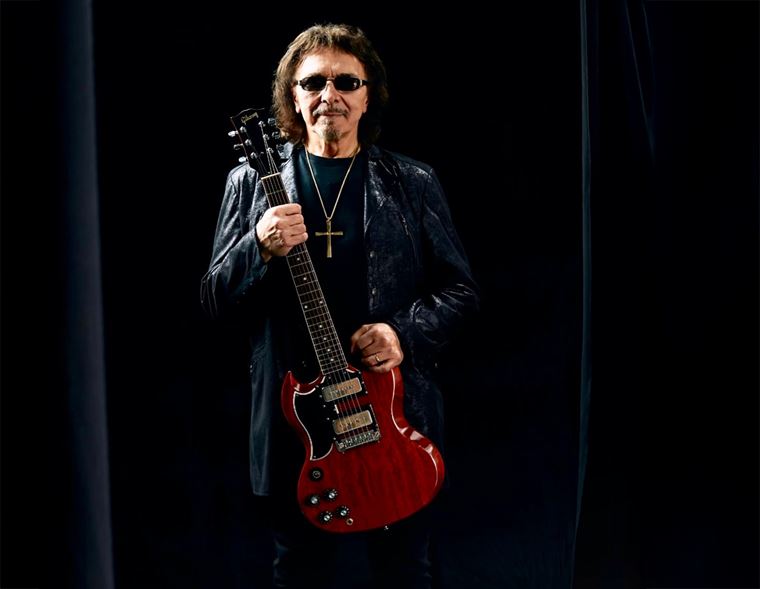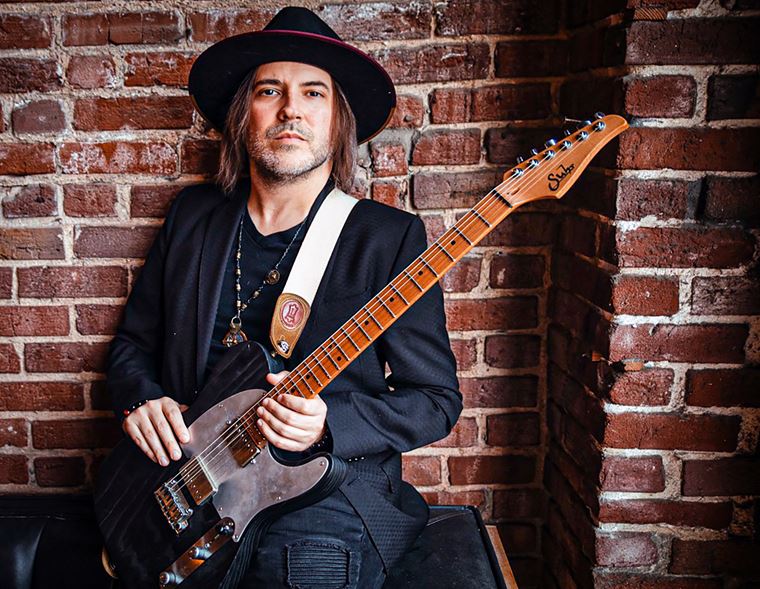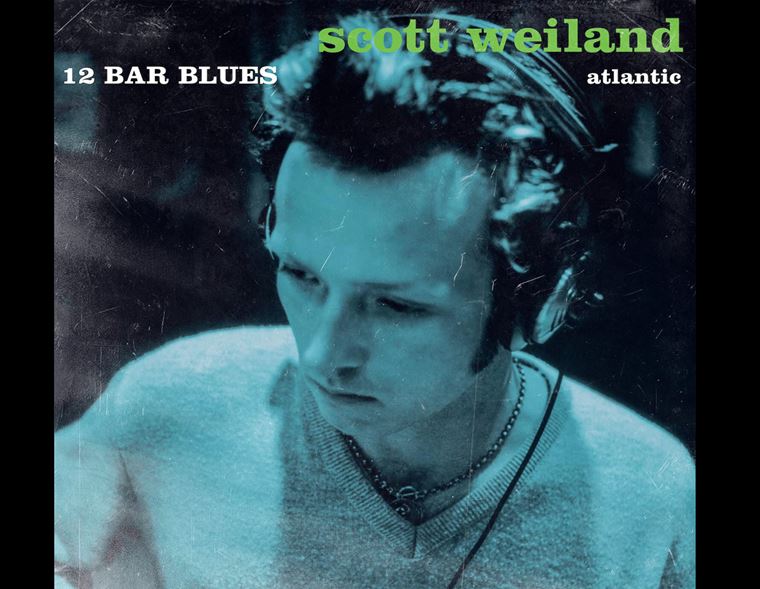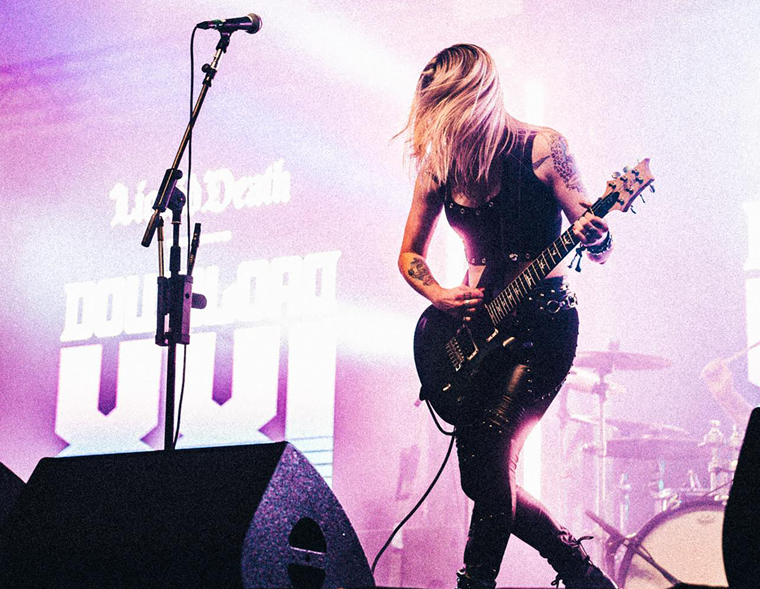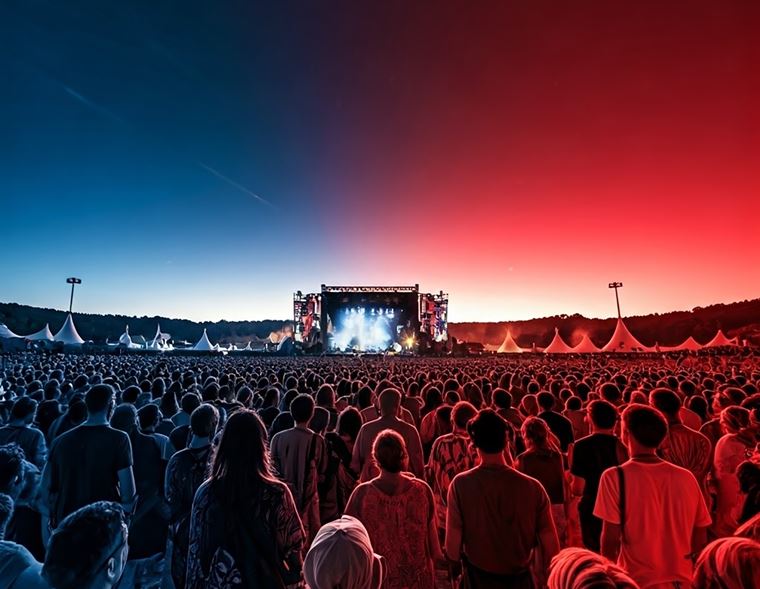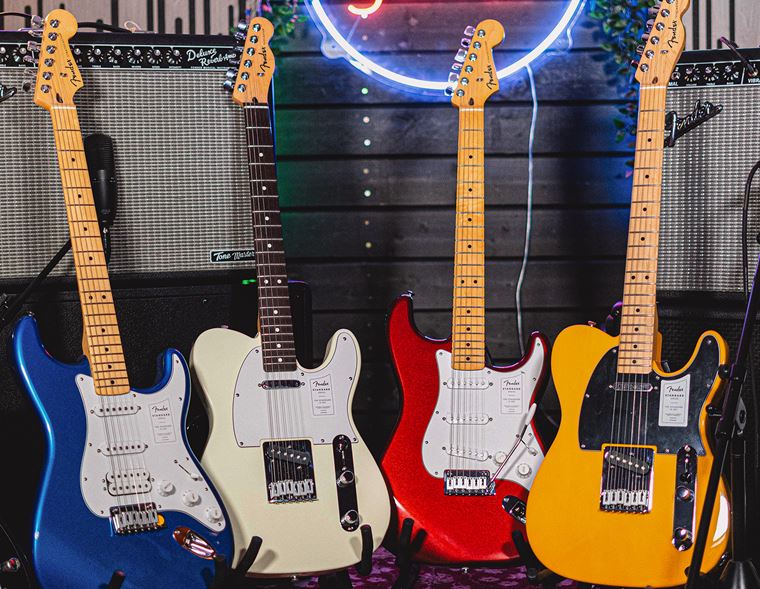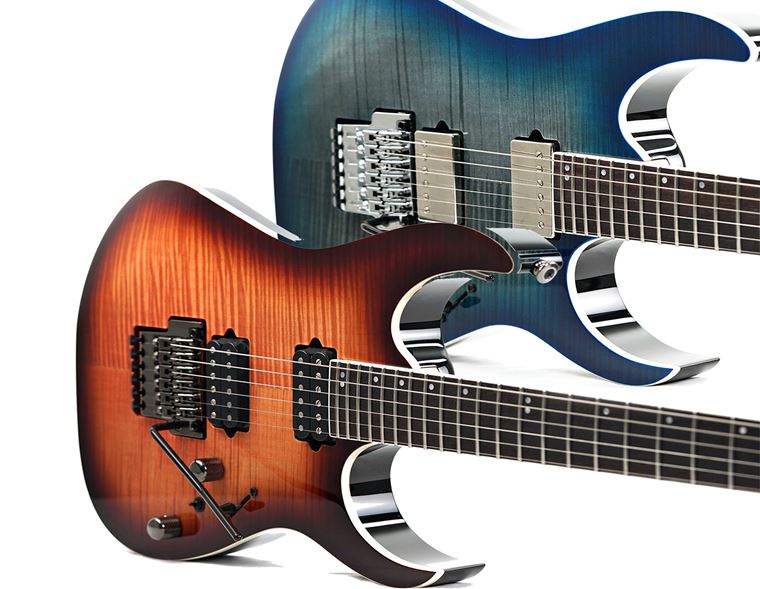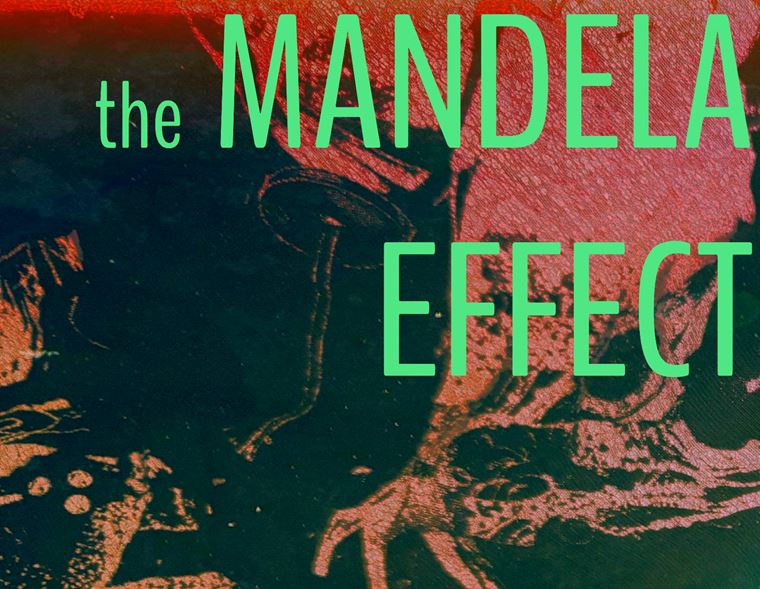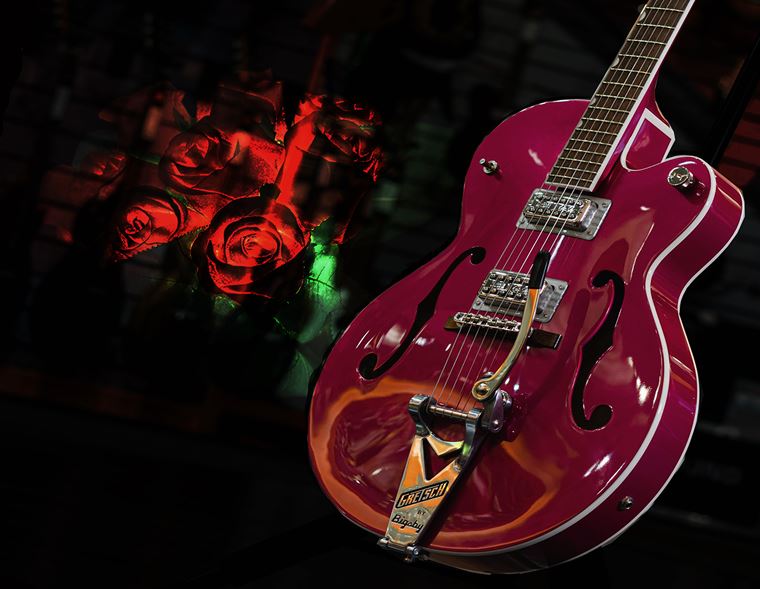U2: Top Ten Songs
They are one of the very biggest bands in the world. They have huge sounding, anthemic songs. Their frontman is as outspoken as he is great at singing, and their guitar player is as unorthodox as he is original. Who are we talking about?
It’s Dublin’s finest, U2, of course. For over 40 years, Bono, Edge, Larry and Adam (the other, other Fab Four) have carved a singular path through stadium-sized rock, surfing trends and fashions as only the mightiest of bands can.
Like all huge bands, U2 have had eras. Some fans love the early days of energetic, ultra-politicized songs and (literal) flag-waving. Some enjoy their latter period renaissance as (kind of ) elder statesmen of Big Idea rock music. For many, though, the period of 1987-1993 is where the ripest fruit is to be had. From 87’s flawless Joshua Tree album to the archly experimental Zooropa, U2 managed to defy expectations in both style and content. Not many bands deliver their biggest album (25 million sales so far) and then take a stylistic left turn at all, far less as sharp as the group did on 1991’s Achtung Baby.
Achtung Baby, released 30 years ago this week, saw the band under heavy stress to deliver another Joshua Tree, especially after the misguided (in other words, not very good) Rattle & Hum. Bono and the boys decamped to Hansa Studios in Berlin, where the likes of Bowie and Eno made history in the late 70s, and decided to make ‘the sound of four men chopping down the Joshua Tree’ as Bono so eloquently put it. The resulting record sounded absolutely nothing like its predecessors: where once was a righteous, skyscraping earnestness was now a brooding, street-lit, citified sound with nods to industrial rock and shoegaze. Also present were extra senses: chiefly those of humour and regret, all wrapped up in songs that were, by turns, as sombre as the grave and as throwaway as candy wrappers.
Achtung Baby was a kaleidoscopic success: a colourful record that took chances and followed its own nose towards greatness, no matter how oblique or twisted that path may have been.
Today, we celebrate the 30th Anniversary of this genre-defying and era-defining record by picking out our ten favourite U2 songs. Join us as we reacquaint ourselves with this most divisive of Big bands, and let’s remind ourselves of how great they can be at their best.
Pride (In the Name of Love)
It’s an unquestionable classic. From the first, shimmering notes of Edge’s gorgeous - and rightfully famous - guitar part to the final vocal refrain, Pride (In the Name of Love) is a song that stands up to all criticisms and remains unscathed. A tribute to the heroic courage of Dr Martin Luther King Jr, Pride is pretty much the blueprint for U2’s most transcendent songs: driving yet straightforward rhythms, chiming, echo-laden guitar parts, political righteousness and a supersonic vocal in the chorus. If you’ve never heard U2 before, this is the song to play first.
Where the Streets Have No Name
In Hollywood, the rule of thumb is that sequels need to repeat everything again, only bigger. So it is on this album opener for The Joshua Tree, the career-making ‘sequel’ to 1984’s The Unforgettable Fire. Where the Streets Have No Name is positively gargantuan, with a build up to rival the best progressive House tracks and a chorus that is ecstatic in both its hope and its rage. On a guitar level, this deceptively complex part shows the real genius of Edge’s style: he combines multiple digital delays so that his super-tight rhythm playing supplies its own syncopation, making two guitar parts sound like a dozen. Online fan communities bicker endlessly over how to achieve this tone, but what’s more significant is the idea itself and its execution. Also, what a song!
Bad
Bad will forever be U2’s ‘Live Aid song’ as you can see in the video at the beginning, but it’s well worth paying attention to on its own. The Unforgettable Fire, where this song originally appears, is where we first hear Edge’s pioneering use of delay in his sound. It was there before, but it seems that the sense of experimentation coaxed by producers Brian Eno and Daniel Lanois bled into Edge’s approach and solidified it into an integral part of his sound.
The song itself, a lament for the group’s friends who succumbed to heroin in the ‘seven towers’ Ballymun estate, has a message that can be understood in any language
One
An emotional heavyweight from Achtung Baby, One has become one of U2’s most loved songs. Incisively written whilst remaining somewhat ambiguous (thus broadening its appeal without having to neuter the content), One is a mark of increased maturity in U2’s worldview. The song itself is one of those timeless ballads that could’ve come from any age of songwriting. For such a histrionic band, One shows that they can hold back just as effectively as they can unleash.
With or Without You
This Joshua Tree cut was already a great song before it became the soundtrack anthem to Ross and Rachel’s breakup on Friends. Another unimpeachable classic, the song builds slowly around a pretty standard chord progression, adding layers of dynamic to match the increasingly impassioned vocal. Again, restraint pays off dividends here: the song works like an ever-building wave, with a refreshingly low-key ‘aftermath’ that’s perhaps even more effective than if the band chose to end on a bang.
The Fly
Released in 1991 for one week in order to knock ‘that Robin Hood tune’ off the number 1 spot, The Fly is a most unusual entry into U2’s canon, and is all the more welcome for that. Beginning with what must be one of the Edge’s most thrilling sounds, The Fly brings attitude and art to Achtung Baby, a record not short on sonic experimentation. Described by marketing man’s dream Bono as ‘a phone call from Hell, but the caller likes it there’, The Fly gleefully combines feedback, howls and buzzing distortion along with a relentless, motorik beat, all of which aims towards one of the Edge’s most exciting and sonically innovative guitar solos ever. A real departure for U2, and a real step forward, too.
New Year’s Day
Did Bono and the boys have royalties in mind when they penned a song that was guaranteed to be played across the world every January 1st? Who knows, but this slice of yearning, epic rock is hardly a party anthem. New Year’s Day uses a catchy piano melody in place of the usual guitar to deliver an icy, spartan atmosphere. A firm crowd-pleaser, New Year’s Day is a great example of what U2 are very good at: combining a hopeful humanitarian message with a stone cold killer of a chorus. Bonus points for the (no pun intended) unsung hero of the band: Edge’s backing vocals, which instantly improve every song they appear on (see: Beautiful Day and ‘40’ for further proof).
Zooropa
Most underrated U2 song ever? Perhaps, and that may be because it is hardly ever played live, for reasons that aren’t so obvious to us. A song of two halves (after a lengthy static-and-ambience intro), Zooropa works up a quiet, otherworldly feeling that eventually turns into a celebration of the outsider. It’s a familiar theme, it’s just never sounded like this before.
On the long list of Edge’s guitar escapades that get internet forums hot under the collar, Zooropa’s title song is a contender for the top spot. Wildly ambitious and almost un-guitarlike, the sound defies normal guitar playing logic and still entirely serves the song.
Kite
Kite is a deep cut from U2’s comeback album from 2000, All That You Can’t Leave Behind. A song about the weight of responsibilities an adult faces over a sick parent, Kite breaks relatively fresh ground as the band moved into their third decade together. Whilst it may be fair to say that U2’s output since this album has not mirrored that of the two decades previous, every so often a song like Kite comes along to remind everyone why they are one of the best-loved bands on the planet.
Who’s Gonna Ride Your Wild Horses
Our final choice for our top ten U2 songs is another deep cut, this time from Achtung Baby. Mixing up direct, catchy melodies with squalls of feedbacking guitar, Wild Horses evokes a colourful and turbulent musical world for Bono’s lovelorn lyrics. It’s wistful for sure, but there’s an elegance both underpinned and opposed by the sound of the track that resonates deeper than a more conventional rendering would evoke.
Too Many Classics
Our list has reached ten songs already! Incredible! Well, with one of the most successful back catalogues in history, that was hardly a surprise. What may surprise some are our choices today, though. We fully acknowledge that we’ve passed over instant classics like Sunday Bloody Sunday, I Will Follow and I Still Haven’t Found What I’m Looking For, and a host of others. It’s a tricky game indeed, but we hope our selections have reflected the colourful and somewhat unpredictable nature of the band’s glory years.
Did we include your favourite U2 track? Is Pop an underrated album? Let us know in the comments below, and thanks for reading!
Ray McClelland

